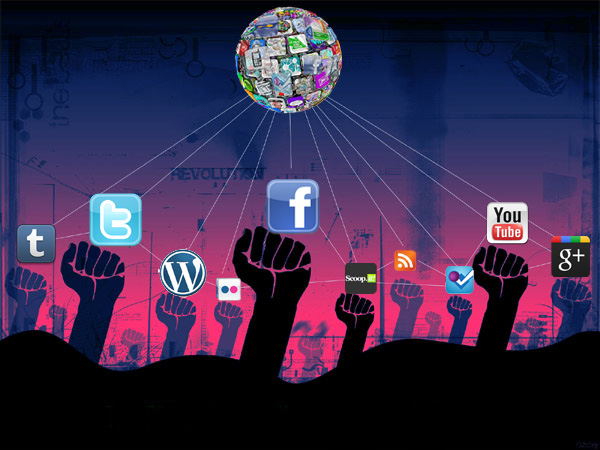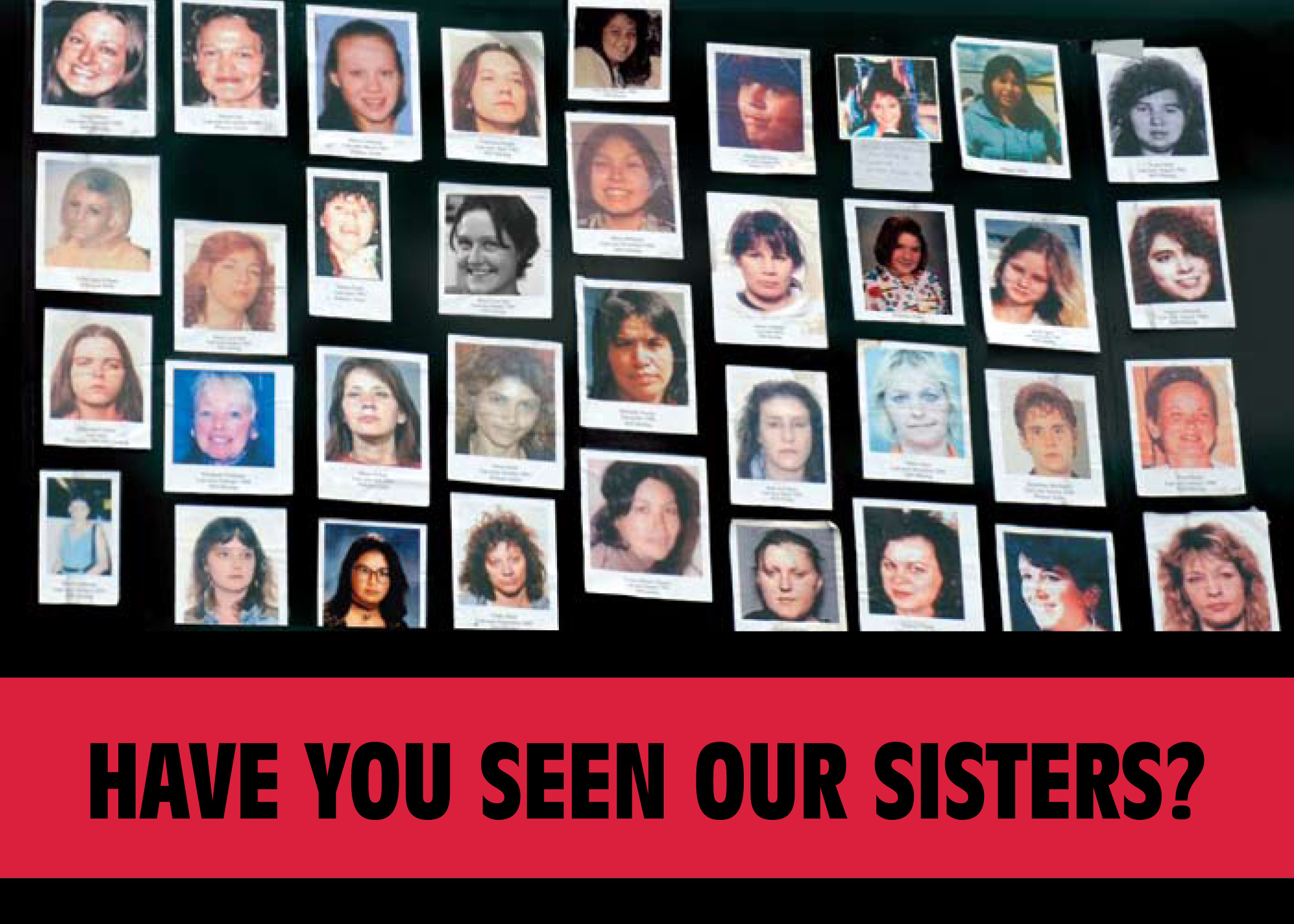Today, December 10th is celebrated as Human Rights Day both at home and around the world. The Universal Declaration of Human Rights (UDHR) was adopted on December 10th, 1948 and for 63 years this date has marked Human Rights Day worldwide. This year the theme for Human Rights Day is the transformative power of social media, and how tools like twitter, facebook, blogs, and instant messaging are transforming ordinary people into human rights activists. Over the past 6 months at Nellie’s, we have experienced firsthand the power of social media to communicate and engage with our supporters online through our twitter, facebook, and blog and we believe that social media is a great tool to advance important causes.
On Human Rights Day this year, we would like to use the power of social media to bring attention to the most important human rights issue in our country – the treatment of Aboriginal Women and Girls. The Native Women’s Association of Canada estimates that within the last twenty years, over 500 Aboriginal women and girls have gone missing in Canada. According to the Canadian Government, young Aboriginal (First Nations, Metis & Inuit) women are five times more likely than other women of the same age to die as the result of violence in Canada. Indigenous women have struggled for a long time to draw attention to violence within their families and communities, without much support from Canadian police and public officials.
Racist violence against Indigenous women in Canadian cities is well known through the media, but little has been done to prevent it. The results of these racist policies and lack of attention have resulted in racist and sexist stereotypes of Indigenous women, encouraging some men to feel they can get away with acts of hatred against them. In April 1999, the U.N. Human Rights Committee declared the situation of Aboriginal people in Canada as “the most pressing human rights issue” in our country. In 2007 Robert Pickton had 27 charges laid against him and 1/3 of the women he is accused of killing were Aborignal.
Decades of government policy have impoverished and broken apart Indigenous families and communities, leaving many Indigenous women and girls extremely vulnerable to exploitation and attack. Since the early 19th century, over 150,000 Aboriginal children have been forced to attend residential schools, away from their families and their communities. Children were forced to assimilate to mainstream Canadian culture and were “discouraged from speaking their first language or practising native traditions. If they were caught, they would experience severe punishment.” (CBC News). Many children taken from their parents were subjected to horrific violence and sexual abuse.
The Native Women’s Association of Canada and Amnesty International are two organizations that work tirelessly to keep the issue of violence against Aboriginal (First Nations, Metis & Inuit) women in the public eye. Amnesty International released their Stolen Sisters Report in 2004 and The Native Women’s Association of Canada holds an annual Stolen Sisters Vigil every year on October 4th to honour the lives of missing and murdered Aboriginal women and girls.





